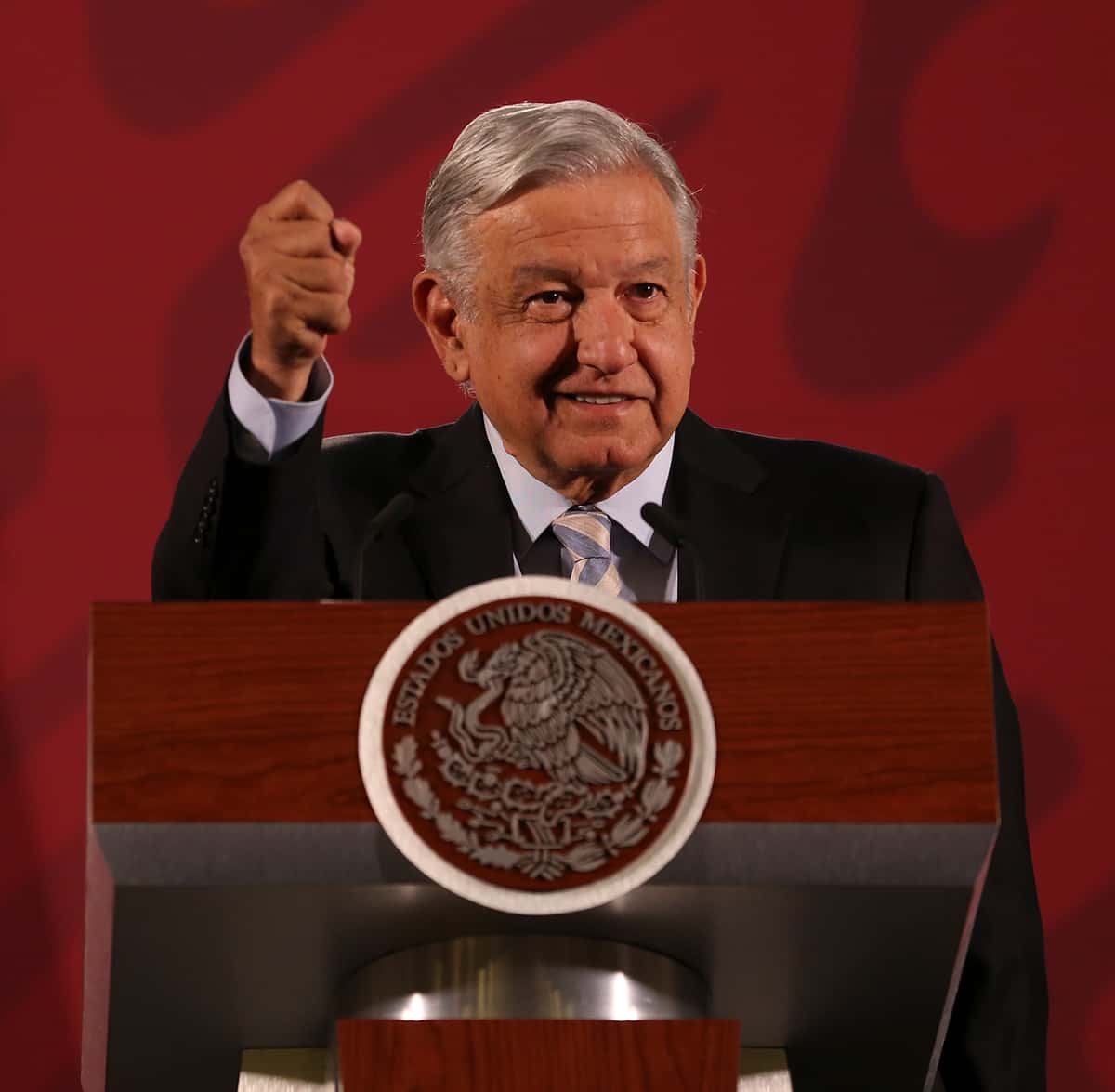Miguel Ángel Maciel, a veteran federal employee boasting a successful 32-year career with the state-owned oil company Petróleos Mexicanos (Pemex), has never been a politician. Rather, the petroleum engineer, who is President Andrés Manuel López Obrador’s choice as the country’s next minister of energy, has spent his professional life on the technical side of the business, focusing on cementing the state-owned company’s decades-long economic role in Mexico.
Aside from leadership skills, what Maciel brings is a commitment to AMLO’s economic nationalism, a factor that had previously garnered him the post of undersecretary of hydrocarbons and praise from the Mexican president himself.
“Miguel Ángel Maciel has our full confidence because of his honesty and proven convictions in favor of national sovereignty,” AMLO said in his October announcement. The new energy minister’s task is likely to prove challenging, however.
Not all of his challenges are unwelcome. Maciel’s nomination comes as Mexico’s energy industry receives record levels of nearshoring investments, mainly from US and Canadian-based companies targeting Mexico as an alternative source of oil and gas to the conflict-ridden Black Sea region and the increasingly tense Middle East.
Between January and September, a record $42.1 billion flowed into the Mexican economy. Of this total, $16.7 billion, or 40% of the overall sum, has been directed toward six projects in the energy sector, according to data compiled by Integralia Consultancy.
On top of balancing global pressures with AMLO’s nationalist views, however, Maciel will have to dispose of a raft of unfinished business, says Jaime Brito, an energy consultant based out of Houston. “From the lingering challenges in Pemex to the completion of the Dos Bocas refinery to multiple issues on the gasoline, natural gas and logistics fronts,” Brito notes, “nothing appears to be on the path of completion now.”




